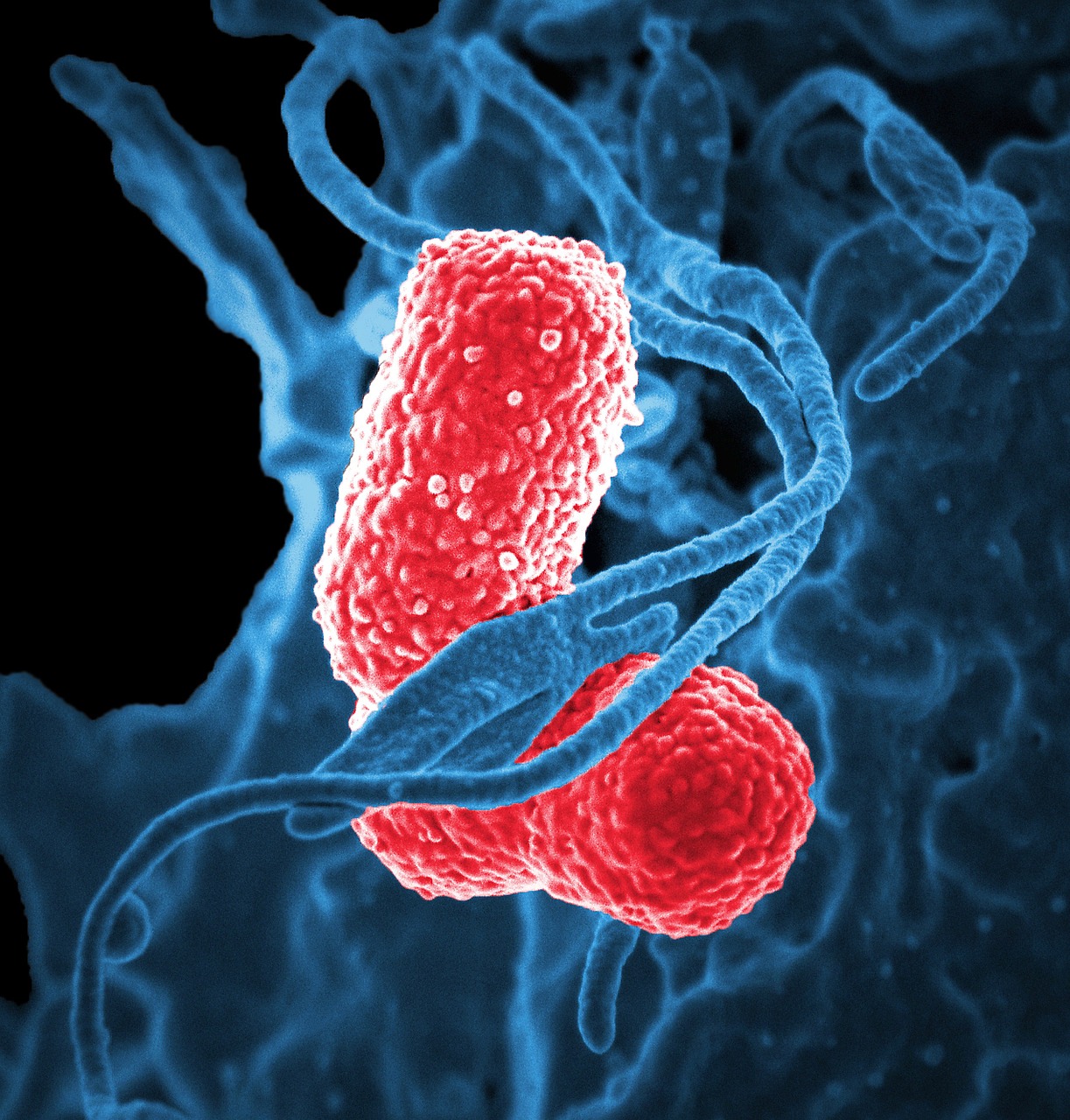Bacteria inherited from the mother can trigger or aggravate problems in newborns
Renato Procianoy / Luiz Fernando Roesch

We inherit a number of characteristics from our mothers, including about 50% of our genetic code, physical traits and even food preferences. Research by pediatrician Renato Procianoy, Titular Professor of Pediatrics at the Federal University of Rio Grande do Sul, and microbiologist Luiz Fernando Roesch, Associate Professor at the Federal University of Pampa, investigated whether pregnant women also transmit microbiome – the collection of all microorganisms – to their newborn babies. “We analyzed the possible associations between the microbiome of the mother and the newborn, as well also the relationship of both with premature birth, illnesses and newborn complications,” says Procianoy.
Once the women in the study were admitted for delivery, the team collected fecal samples and vaginal swabs from the mother and the first meconium (first feces) of the newborns. Samples were collected from 123 mothers of full-term babies, born after 37 weeks of gestation, and from 490 mothers with premature infants. While the premature newborns were hospitalized, the researchers also collected 250 fecal samples from the mothers in order to monitor changes in the microbiome. All of this material is stored in a microbiome repository at the Unipampa laboratory and may form the basis of future research.
The team identified significant differences between the vaginal microbiome of pregnant women who had babies older than 37 weeks and those that had premature babies. Mothers who had given birth at term, after 37 weeks, had a greater concentration of Lactobacillus, a microorganism considered beneficial. On the other hand, Prevotella microorganisms, linked to oral and gum infections, were found in mothers who had given birth prematurely. “Prematurity is related to a change in the microbiome of women, but we still do not know and we cannot say whether this is the main cause of it,” explains Procianoy. “Other causes could precede this change in the composition and variability of the microorganisms that were found.”

By monitoring the stool microbiome of hospitalized pre-mature newborns, the researchers also found important changes that appeared before episodes of necrotizing enterocolitis (NEC), an intestinal inflammation in which portions of the intestine undergo necrosis. Citrobacter koseri bacteria, which can cause meningitis, and Klebsiella pneumoniae, linked to hospital infections, were identified in greater numbers. They also found a low diversity of microorganisms and an abundance of Lactobacillus during the first days of life, as well as changes in microbial community interactions. These features were related to a higher risk of NEC in premature babies.
The results corroborate what another researcher funded by Grand Challenges Brazil, José Simon, has found in his research on the impacts of powdered human milk as compared to the use of formula.
The team will use the collected material for a second phase of analysis. The idea now is to investigate what factors in the maternal microbiome may be related to the development of necrotizing enterecolitis in babies. “We are also going to evaluate the relationship between maternal and neonatal microbiota and the onset of pre-eclampsia, a disease in which the pregnant woman develops hypertension,” say the researchers.

